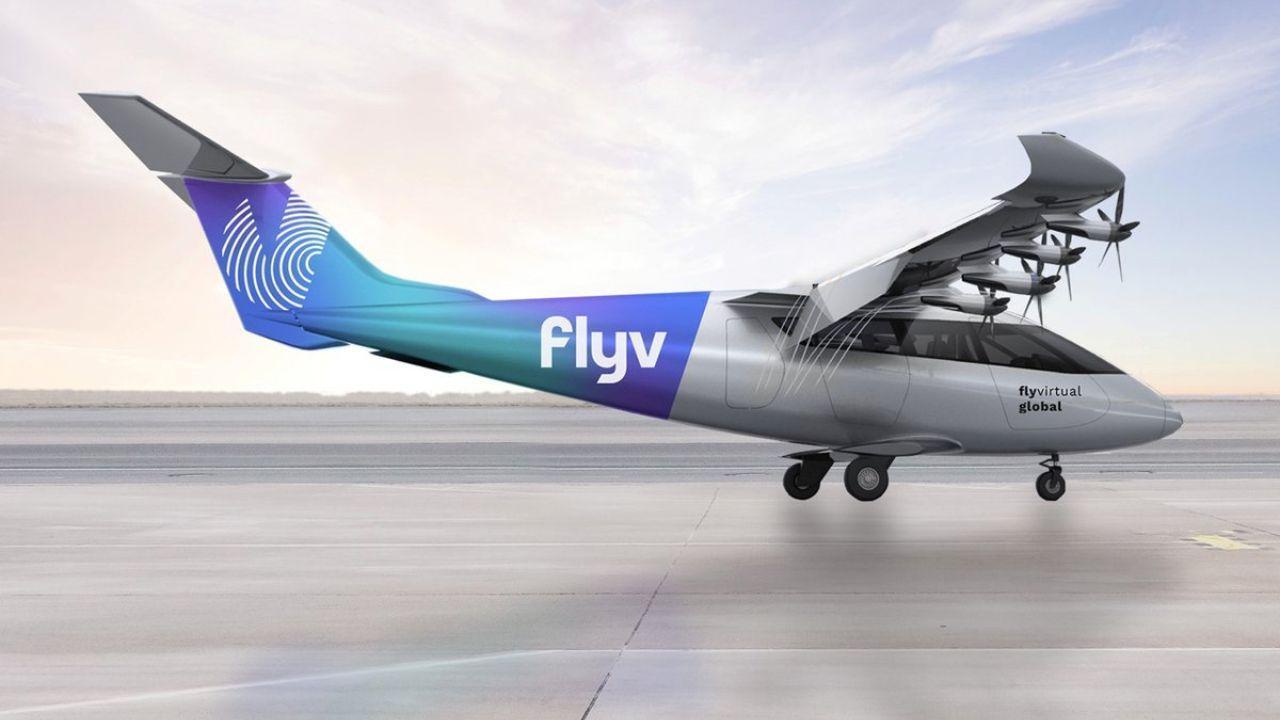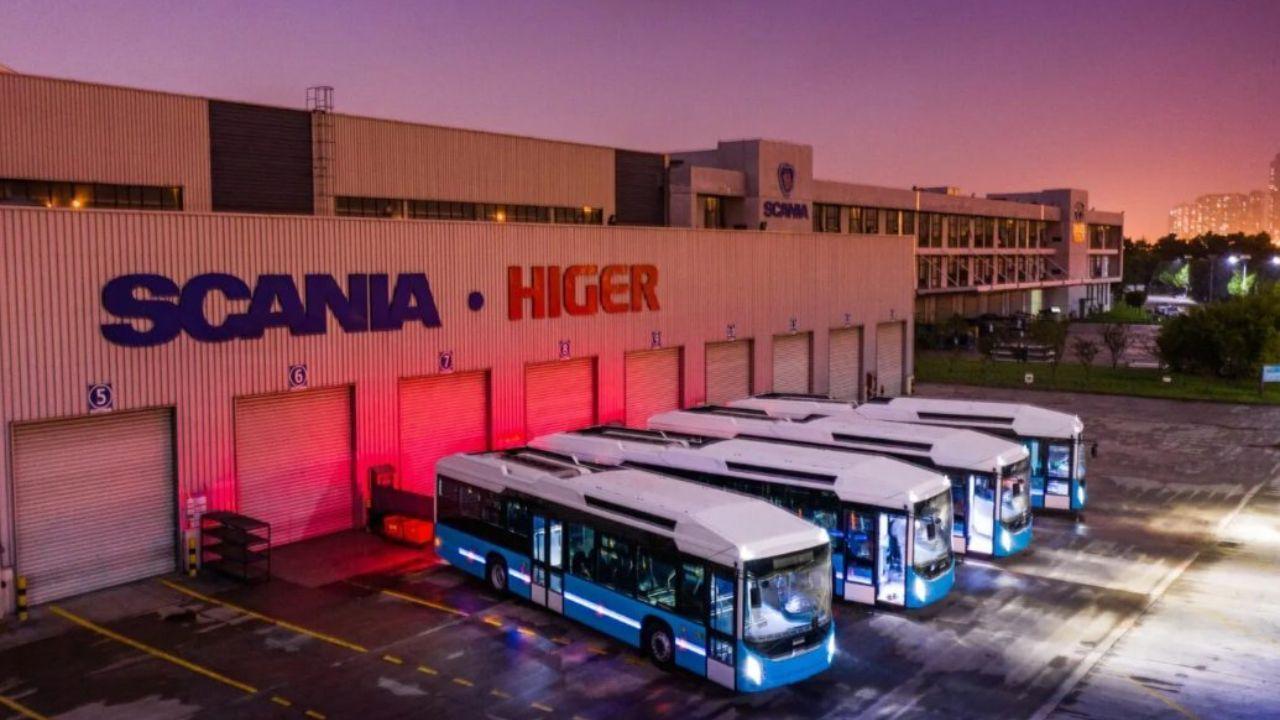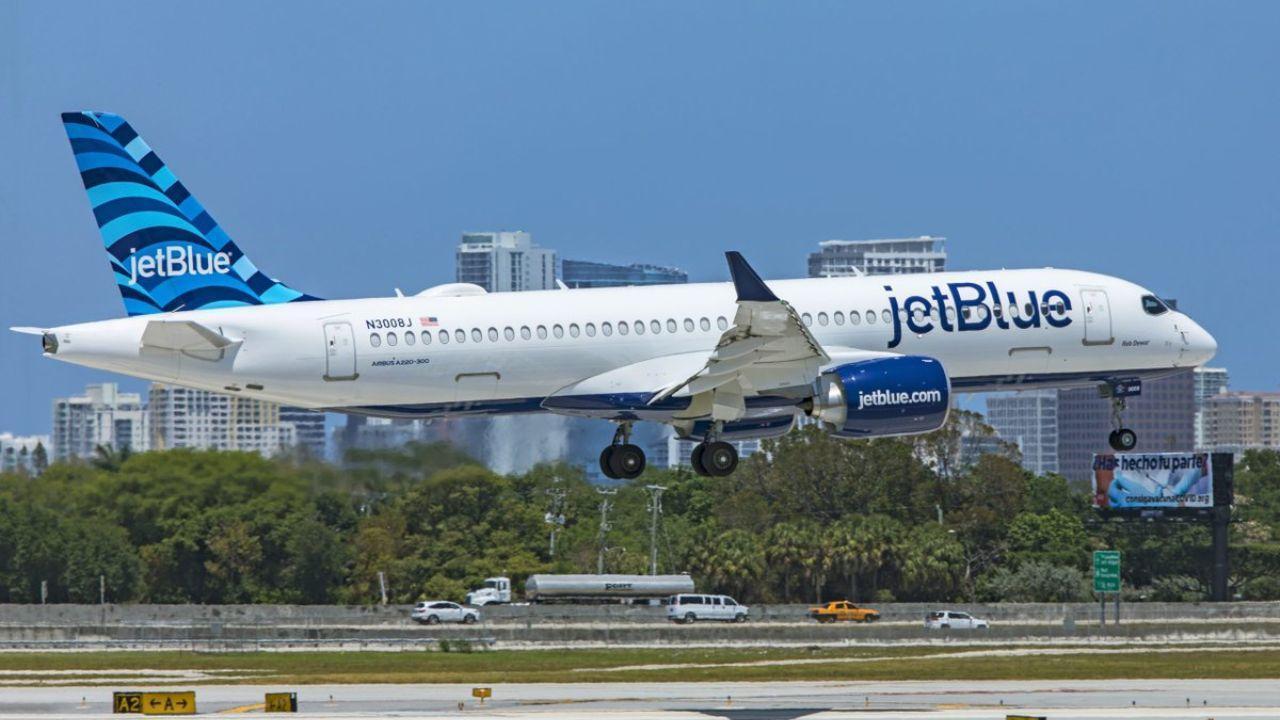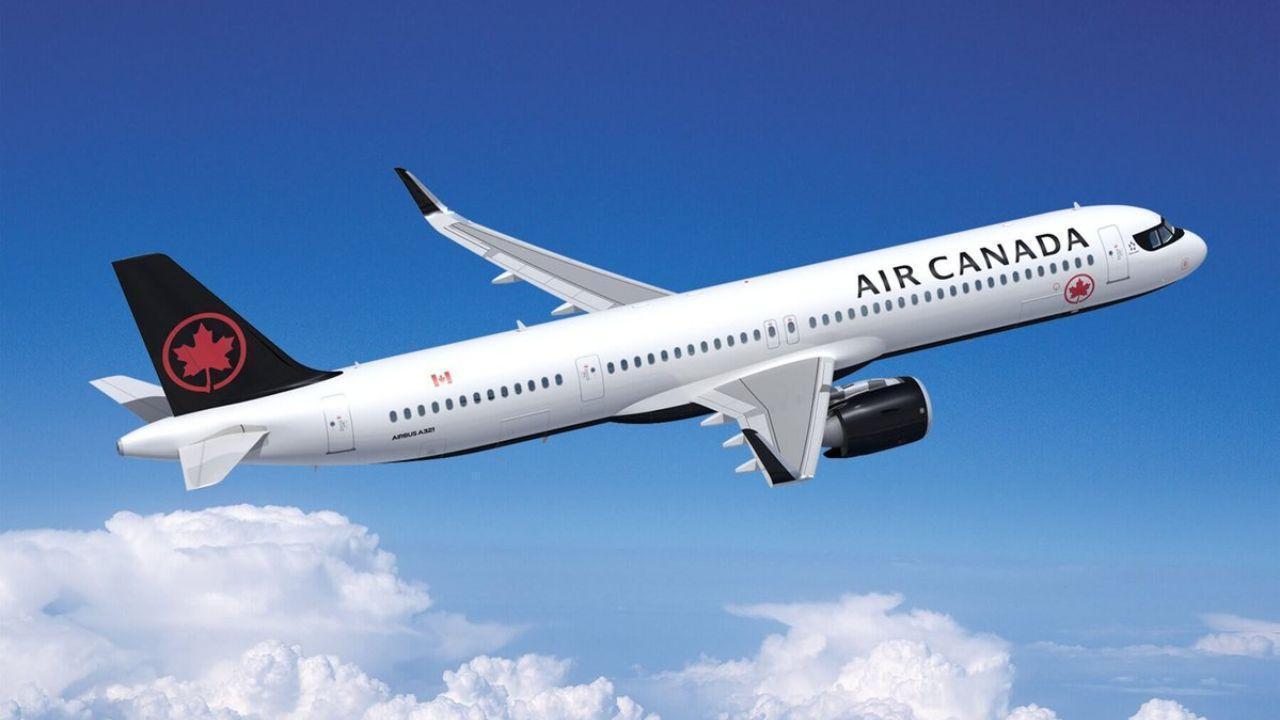
Post by : Avinab Raana
Photo : X / Luchtvaartnieuws.nl
FlyV Becomes Vini and Begins Commercial Service
FlyV, a German on-demand airline, has started operating under its new name “Vini,” marking its entry into commercial flights. The airline is using the brand refresh to emphasize its commitment to boosting regional connectivity in Germany. Vini is launching its service using Cessna Caravan aircraft, targeting less served air routes and providing flexible flying options where scheduled services are limited or inefficient. This move signals confidence in niche air transport demand and a push to fill gaps left by traditional carriers.
Why the Rebrand and What It Means
The shift from FlyV to Vini is more than cosmetic; it reflects a strategic repositioning of the company. By adopting a fresh name, Vini intends to present itself not just as a charter or private ops company, but as a legitimate commercial operator with community and connectivity goals. Brand identity matters in the aviation industry: trust, visibility, and clarity are essential for passengers when choosing lesser-known regional operators. By rebranding, Vini hopes to stand out in the German regional aviation landscape and signal reliability, flexibility, and local engagement.
The Model: On-Demand Regional Connectivity
Vini’s operational model centers on on-demand flight bookings. Rather than sticking to traditional scheduled service, the airline offers charter-like flexibility, enabling passengers to book flights when and where they need regional air service. This model can activate routes that would otherwise be unprofitable for larger, scheduled carriers. It allows Vini to serve remote or smaller airports and adjust capacity based on demand.
Using smaller aircraft like the Cessna Caravan makes this model economically feasible. These aircraft have lower operating costs, can access airstrips and regional airports with shorter runways, and allow Vini to tailor capacity to specific journeys rather than requiring full loads to make routes viable.
First Routes and Aircraft Choice
Vini has chosen the Cessna Caravan as its workhorse. This aircraft is well-suited to the airline’s regional, on-demand model given its versatility, relatively low operating cost, and ability to land on shorter and more remote airfields. The inaugural service under the Vini name took place recently, marking the first time the brand was used in commercial passenger operations.
The initial routes are aimed at enhancing connectivity between smaller German locales, targeting locations where travel time by ground is long, and where flight may offer considerable time savings. Those routes are likely to appeal to business travelers, regional commuters, or even medical, tourism, or essential travel uses.
Potential Impacts on Regional Mobility
Germany’s regional air connectivity has faced challenges for years, including reduced service at smaller airports and declines in scheduled flights as airlines concentrate on major hubs. Vini’s on-demand service may help reverse some of those trends by providing more options for people living in more remote or underserved areas.
By making smaller airports viable again, Vini could reduce travel time for regional residents, boost tourism to remote areas, and support local economies. The company may also encourage renewed investment in or maintenance of smaller airport infrastructure if demand from such flexible services is sustained.
Challenges for Vini in Scaling Up
Despite promise, the on-demand regional model faces hurdles. Regulatory approvals, landing rights at small airports, and weather conditions can all affect reliability. Small aircraft are more exposed to adverse weather and may have fewer backup options.
Cost pressures remain, particularly fuel, maintenance, staffing, and ensuring that aircraft have high utilization. Ticket pricing will need to balance affordability with covering these costs. Vini must also build consumer awareness and confidence. In regions where people are used to driving or taking train services, persuading travelers to pay more for speed or convenience could take time.
Competitive Landscape in German Regional Air
Germany hosts multiple regional airlines and scheduled services, many of which are under financial strain or have cut back due to rising costs and regulation. Vini’s entry adds another player, but with a different model. Traditional airlines may struggle to match the flexibility of on-demand service.
Some regional airports may welcome Vini’s service as it brings traffic and economic benefits. Others may be skeptical of the financial stability or consistency of small operators. Vini will need to demonstrate reliability, frequency, and reasonable pricing to convince both passengers and local stakeholders.
Customer Experience and Booking Flexibility
For passengers, Vini promises flexibility in booking, possibly improved travel time, and connections to destinations that are not served daily by scheduled carriers. The booking process is likely to be digital, lean, and responsive, to match on-demand expectations.
Comfort and service in small aircraft like the Caravan are more basic than large airliners but often offer advantages such as less waiting, fewer transfer hassles, and sometimes direct access to smaller airports closer to final destinations. Vini will need to emphasize efficient ground services, punctuality, and clear communication to build loyalty.
Financial and Operational Sustainability
Vini must balance revenue against operational demands. Even small aircraft need careful scheduling to avoid downtime, strict maintenance, and regulatory compliance. Fuel price volatility, insurance costs, and pilot or crew availability will all affect sustainability.
Successful on-demand models depend on good demand discovery: knowing where and when people want flights. If Vini invests in data, marketing, and route experimentation, it can adjust quickly to successful or unsuccessful routes. Partnering with tourism boards, regional governments, or service providers could help stimulate demand and ensure better utilization.
Regulatory & Safety Considerations
Operating commercial flights entails meeting aviation safety regulations, pilot licensing, maintenance standards, and insurance. Small operators sometimes face more scrutiny as regulators ensure safety and reliability. Vini must ensure its operations comply fully with German and EU aviation authorities.
Also, airspace and airport slot availability at smaller regional airports may raise logistical issues. Delays in approvals, noise regulations, and environmental standards may also affect operation, especially in certain regions. Vini’s success will depend on navigating these complexities effectively.
Environmental Considerations & Emissions
Small aircraft such as the Cessna Caravan are less fuel-efficient per passenger than larger airliners, especially if flights carry few passengers. Vini will need to think about mitigating emissions, possibly by using newer, more efficient engines, sustainable aviation fuels (SAF), or exploring future electric or hybrid aircraft as technology matures.
Environmental permits, noise regulations, and community acceptance in rural or scenic regions may also play a role. Vini’s green credentials may attract environmentally conscious travelers, but they will also be scrutinized. With aviation under increasing pressure to reduce carbon footprints, every new operator must consider sustainability from both policy and market perspectives.
Scaling and Sustainability
Looking forward, Vini’s ability to grow its route network, scale up aircraft numbers, and increase frequency will be vital. As demand builds, perhaps the company will add more aircraft, possibly larger or different types, or expand to neighboring countries.
Partnerships may help: code shares, intermodal connections, or integrating services with ground transport could enhance value. If the booking platform is efficient, customers may use Vini for a variety of regional travel needs. Success may foster investor interest, enabling faster expansion or more ambitious aircraft acquisitions.
Vini’s Flight into Germany’s Regional Airspace
Vini’s launch marks a fresh chapter for regional air connectivity in Germany. By rebranding from FlyV and beginning commercial on-demand operations with the Cessna Caravan, the airline is betting on flexibility, underserved routes, and local demand. The journey ahead will test its ability to balance cost, convenience, safety, and environmental responsibility.
If Vini succeeds, it could offer a model for how small airlines can restore and reinvent regional air travel, especially in places where traditional scheduled service has retreated. German travelers might soon see more options, quicker trips, and better connections to smaller communities. Vini has taken to the skies under a new name—now the challenge is to stay aloft in both performance and promise.
FlyV rebrand, Vini regional flights, On-demand aviation










Vande Bharat Passenger’s Spitting Incident Sparks Nationwide Debate
A passenger spitting on the Vande Bharat Express floor sparks online debate on civic sense cleanline

OnTrac Introduces Ground Essentials Service for Affordable and Reliable Shipping
OnTrac launches Ground Essentials a new service offering cost-effective parcel delivery with up to 3

Breeze Airways Earns Five-Star Status as North America's Top Airline
Breeze Airways achieves a five-star rating marking it as North America's leading major airline for 2

Royal Enfield Cuts Prices on 350cc Bikes After GST Rate Reduction
Royal Enfield reduces prices on 350cc motorcycles from September 22, 2025, following GST rate cuts,

Viva ACP Boosts Bus Safety with Strong Lightweight Aluminium Panels
Viva ACP’s panels make buses safer lighter and stronger—saving energy and protecting passengers with

Steelpaint’s Stelcatec Coating Gets UK Rail Approval
Steelpaint’s Stelcatec coating approved by UK Network Rail for durable, fast, and effective protecti